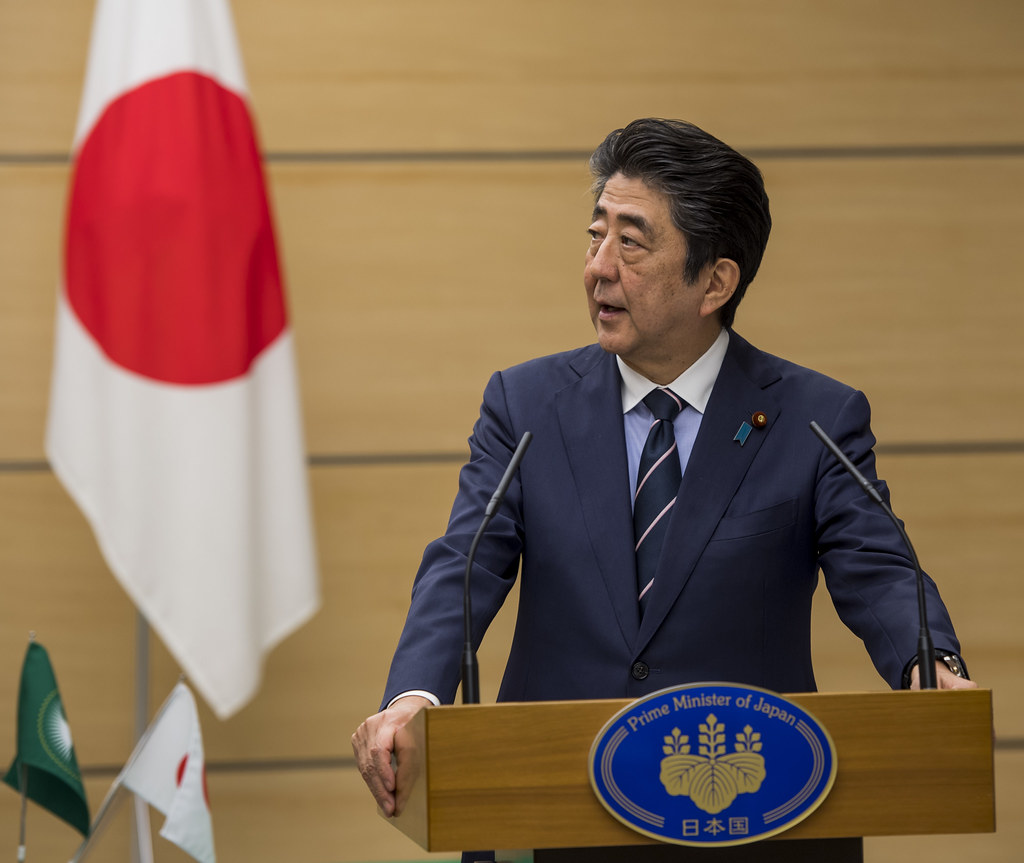Abe was often described as a politician who didn’t much care about the energy industry. If that was truly the case, then he nevertheless achieved a great deal. When taking over for his second stint as PM at the end of 2012, about 20 months after the Fukushima nuclear disaster, Abe maintained the course set by his political opponents in terms of supporting the wider rollout of renewable energy and shepherding the power and gas markets toward full liberalization. Abe also spearheaded the launch of the world’s first national hydrogen strategy, believing in the potential for wider adoption of the clean-burning fuel.
For Abe, nuclear power represented both energy security and CO2-free electricity. The latter idea is rarely if ever credited to Abe. In fact, the plan to decarbonize Japan was set in motion during Abe’s time as PM, but was paused. Abe hesitated, since in the summer of 2020 he faced political scandals and failing health. He feared the onset of the Covid pandemic meant that Japan’s businesses and society would not accept a strong green message.
Abe’s penchant for viewing most issues via a security lens is also likely the reason for his well-publicized attempts to court an official peace treaty with Russia. Japan relies on six countries in the Middle East for 93% of its crude oil, which is about 40-45% of the primary energy mix. Russia was considered a viable alternative for oil, natural gas, and other commodities, but geopolitical and governance issues made it a difficult investment destination for Japanese firms.
In the context of today, Abe’s efforts towards Russia are interpreted as a failure. The future of Japanese energy assets in Russia are highly uncertain. The breadth of Abe’s international relationship-building, however, means that some of what he sowed will surely result in a long-term gain. Japan’s close energy dialog with India and the ASEAN, and better engagement with Africa, are just a few of the green shoots to look out for in the future.

